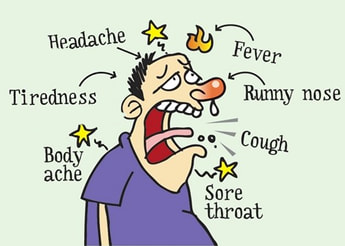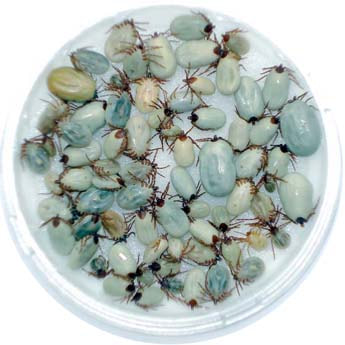The next patient was a middle aged woman who had been intubated and ventilated but who looked otherwise pretty well. [You get a feel for how unwell a patient is just by standing at the end of their bed and observing; equipment, medications, drains and tubes, as well as the colour and appearance of the patient are all clues.]
“This lady has Guillain-Barre Syndrome, so no infection issues” said the Critical Care Registrar moving past the end of the bed.
Guillain-Barre Syndrome is a rare neurological syndrome of progressive weakness that usually recovers with supportive care. It is thought to be autoimmune in nature.
“How did she present?” asked the Microbiologist doing his normal “I’m looking for trouble” kind of thing.
Humouring the Microbiologist the Registrar explained that the patient had presented with progressive difficulty swallowing and speaking following an episode of diarrhoea and vomiting. She had become so weak they had needed to ventilate her.
“This sounds like sausage poisoning” said the Microbiologist



 RSS Feed
RSS Feed
